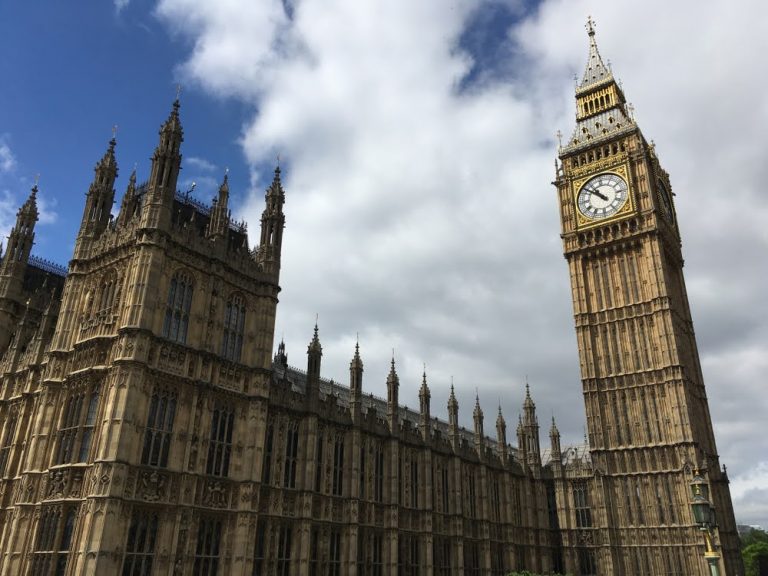Richard Bourne comments on the final state of the Health and Social Care Bill…
After dozens of Tory Peers were bullied into staying up late the Health and Care Bill finally passed all its stages through parliament. It was a tortuous process.
The resulting Act is different to the starting version. After hours of debate in parliament and many behind the scenes negotiations dozens of amendments were passed and many important concessions were made through public statements made by Ministers.
The fears expressed by some campaigners were addressed. The Act does not allow, let alone encourage, the participation of the private sector in commissioning services. The new procurement system will allow the NHS as preferred provider, but will not permit contracts to be awarded to private providers without a proper open and transparent process.
Greater flexibility in how services are paid for will not make it easier for dodgy deals to be struck. This does not, of course, mean the end of the use of the private sector or of outsourcing generally but on balance makes it a bit harder not easier.
However, the irrelevance of this is being shown by the way the private sector is already being pushed as the solution to the recovery of the NHS – long before the Bill was passed. Private interests are to step up to provide greater elective capacity and hundreds of “virtual beds”, although how these are to be staffed remains a mystery. And we have pop up diagnostics and miracles promised through data usage and other technologies yet to be defined. But these are through centrally-driven initiatives, nothing at all to do with tendering, the Bill or ICBs. We shall see which ICB is the first to push back against some of these daft ideas!
Greater powers being taken by Ministers have been toned down. The worst idea – allowing interference in reconfiguration of services potentially removing consultation and engagement – has been reduced to something sensible. For months Ministers refused even to discuss this, but backed down at the last minute.
What remains marks the end of the Lansley period.
Fears around the role of the proposed Integrated Care Systems did not really materialise. The new ICBs are basically larger versions of the CCGs (pretty much the same duties and responsibilities) and the new Integrated Care Partnerships (ICPs) are pretty much the same as (and ridiculously duplicate) the Health and Wellbeing Boards.
This will not help NHS recovery, or make “integration” any easier. Nobody understands the vague but nevertheless complex new organisational structures, and some parts which relate to somewhere called “place” are not even defined.
Bringing the generally well supported new Safety Investigation Board into being was largely achieved after various arguments were resolved. And influential stakeholders combined with opposition peers to pass valuable amendments in a whole raft of areas as diverse as virginity testing, display of cadavers and removing modern slavery from the supply chain.
Two major battles were however lost.
The Bill included a very weak proposal around workforce planning, which was opposed by every known stakeholder group and by a grand alliance from Jeremy Hunt to Lord Stevens and Lady Cumberlege.
It was openly admitted that the Treasury had decreed the matter was not to be discussed, let alone any amendments accepted. In the end it was voted through. This stupid approach will come back to haunt the Tories, as everyone knows addressing the workforce issues is at the very heart of what has to be done.
Finally, the government introduced a new Clause to change the way the proposed cap on social care costs would be calculated – which caused uproar! This was not in the White Paper, and could not be properly scrutinised because it was added late. Once again, the Treasury were blamed for inserting this clause and for refusing to allow it to be discussed. The ridiculous claim by the government that this is the final part of their solution to the crisis in social care is beyond absurd and unravels a bit more each day.
But despite concerns from stakeholders and a mountain of evidence, the government refused any meaningful discussion and just voted these changes through.
As pointed out at the start, none of this directly addressed the real issues around recovery, funding, workforce and the collapse of social care.
And an ‘Integration Bill’ is just around the corner.
Dear Reader,
If you like our content please support our campaigning journalism to protect health care for all.
Our goal is to inform people, hold our politicians to account and help to build change through evidence based ideas.
Everyone should have access to comprehensive healthcare, but our NHS needs support. You can help us to continue to counter bad policy, battle neglect of the NHS and correct dangerous mis-infomation.
Supporters of the NHS are crucial in sustaining our health service and with your help we will be able to engage more people in securing its future.
Please donate to help support our campaigning NHS research and journalism.



Comments are closed.